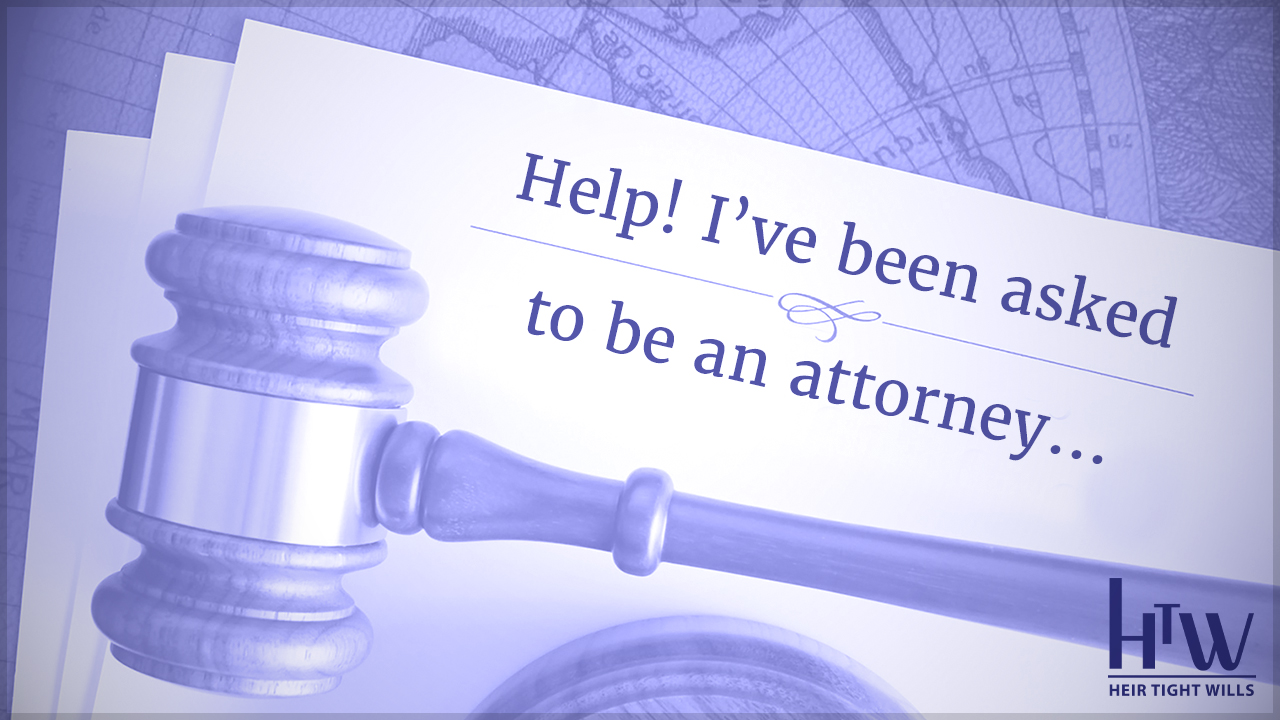The number of people making Lasting Powers of Attorney (LPAs) has increased enormously in recent years. According to data from a Freedom of Information request, the number of LPAs has increased threefold since 2010.
This is undoubtedly a good thing; as the alternative is too monstrous to consider – having your life controlled by the Governments Court of Protection!
LPAs allow you (‘the donor’) to nominate one or more people as your ‘Attorney’ – usually a close family member or friend – to make decisions on your behalf should you no longer be able to do so yourself due to a loss of ‘mental capacity’ – possibly through an illness, accident, dementia or a stroke – which could happen to anyone at any time.
According to the Alzheimer’s Society there are currently over 850,000 people in the UK living with dementia, and that is expected to pass 1 million by 2025. As a result, an LPA is an excellent piece of planning, ensuring that the people you trust are able to make decisions in your best interest should the need arise.
But what about the people that are asked to be an Attorney? What does it mean for them?
For starters, it’s important to note that acting as an Attorney carries with it a significant responsibility. Generally people appoint loved ones or friends who they deem to be reliable to be their Attorneys, but with more and more people making their own LPAs, many Attorneys go into the role completely ignorant of what their responsibilities are.
There may be a lot of administration involved in acting as an Attorney, such as sorting out a care home and managing communications with them, as well as keeping on top of paying the care fees and other bills. An Attorney will need to keep up-to-date records of the ‘donor’s’ financial affairs – including anything that is spent on their behalf.
At all times, the Attorney needs to act ‘in the best interests’ of the donor, acting in accordance with any terms set out in the LPA, but also, in accordance with the 300+ page Mental Capacity Act 2005 Code of Practice!
And if the Attorneys find it is all too much for them? Unfortunately, they can’t ask anyone else to take over their duties unless the donor has authorised them to do so. All of this work will be unpaid too, unless the donor has made provisions in the LPA for the Attorneys to receive payment – though they will be able to claim reasonable expenses.
The growing use of LPAs is excellent to see, as they give donors the peace of mind that someone they trust will be making decisions on their behalf. However, selecting the right Attorney and making the right provisions for them can be more complicated than it first appears, and it really is essential to take qualified, expert advice before ‘going it alone’. And it is vital the Attorneys are clear on their responsibilities before taking on the role – as it’s too late afterwards!
Heir Tight Wills helps clients put in place robust provisions and valid documents, to protect their loved ones and their assets both during their lifetime and after their death. For a FREE Consultation to discuss writing or updating your Will & estate planning provisions, contact Rachael Rodgers on 0845 519 7585, or CONTACT US via email.



